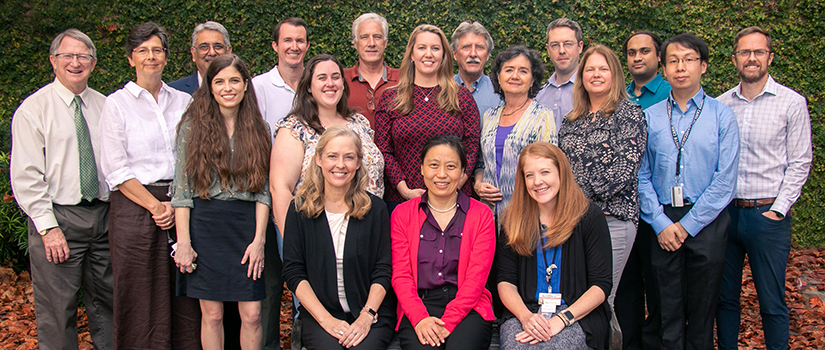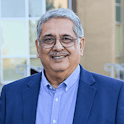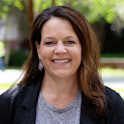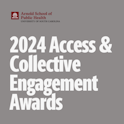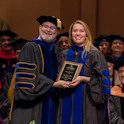
I Am Public Health: Xiaowen Sun
Ph.D. in Biostatistics candidate Xiaowen Sun entered the field because she was passionate about using statistical methods to solve real-world problems. She's particularly interested in using machine and deep learning to improve medical research and public health through data analysis.
